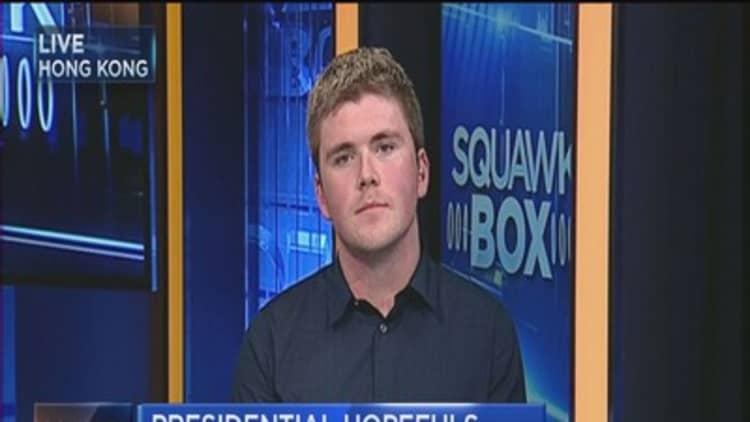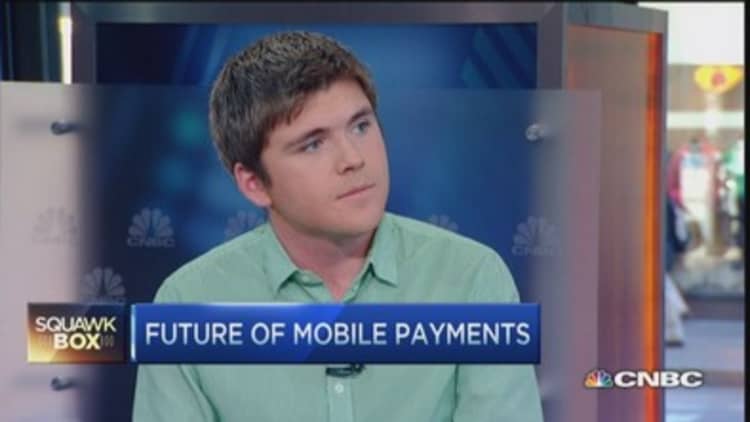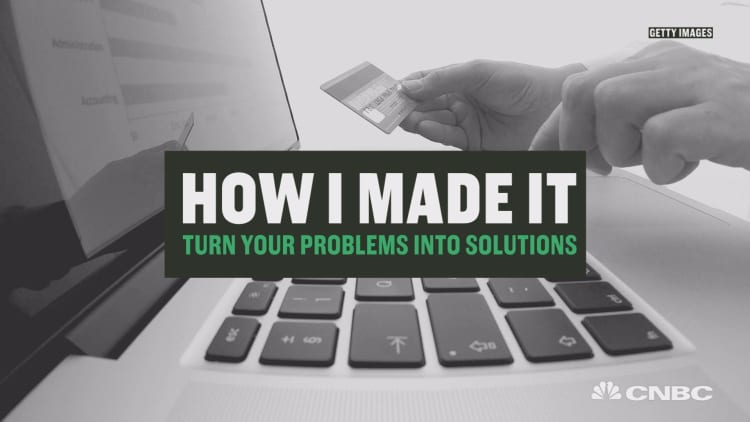John Collison, president and co-founder of Stripe, started the company with his brother, Patrick, because they were frustrated with how difficult it was to set up online payments for their previous start-ups.
"The tools and the infrastructure for building web products were getting better at a very fast rate, but when it came to running an internet business and the services available for that, entrepreneurs were really, really stuck," he told CNBC.
"They were left dealing with a 1970s banking system that hadn't been updated for the internet. There were very significant gatekeepers that kept people out of the online economy," Collison said.
This frustration is something Stripe's 25-year-old president sees as a source of inspiration for many entrepreneurs.
"I think an important force that drives entrepreneurship is a productive dissatisfaction with the way the world works. ... There are so many places where clearly a better service or a better business [could exist], or there's some opportunity to fix an inefficiency in the world," Collison said.
"You can think of many of the most successful start-ups of late, in a way, being answers to frustrations with how the world worked."
Increasing access and enabling participation in online commerce is the impetus behind Stripe. The company opened its product Atlas to Cuban entrepreneurs, joining President Barack Obama on his historic trip to Havana. The service allows entrepreneurs overseas to incorporate their companies in the United States and set up an American bank account.
Stripe's goals resonated with Silicon Valley and attracted early investors, including PayPal co-founder Peter Thiel and venture capital firms Sequoia Capital and Andreessen Horowitz.
Last summer, the online payment company secured a deal with Visa, valuing Stripe at $5 billion. For comparison, Jack Dorsey's credit-card-processing company Square had a market cap of $4.38 billion prior to its Thursday quarterly results.
Impressive for something the Collison brothers started as a side project while John was a student at Harvard. He said that they just thought it was a "pretty good" idea at the time.


Today, companies like Lyft, OpenTable, Postmates, Shopify and TaskRabbit are powered by Stripe. The San Francisco-based company operates in 25 countries. Stripe allows its clients to accept transactions in 135 currencies plus bitcoin and China's Alipay.
Collison said he isn't overly concerned with stealing market share from rivals in the payment processing space because he doesn't see it as particularly satisfying.
"If we can actually allow new online commerce and online businesses to exist, by virtue of making it easier for people to trade internationally, make it easier for businesses get off the ground, then we think that's a really worthwhile thing to be doing and a really healthy force in the world ... which encourages new job creation and which gives people fundamentally more access to the online economy," he said.
"That's what gets us excited and that's how we talk about success," Collison said.






